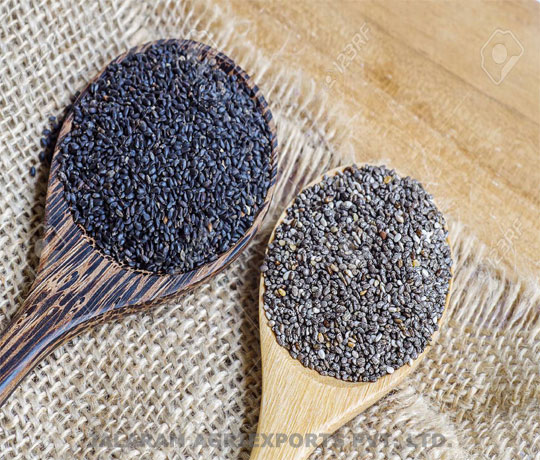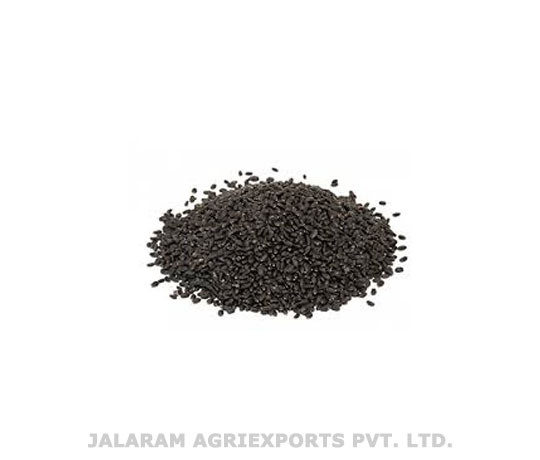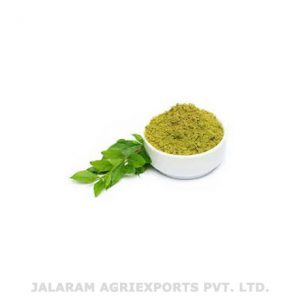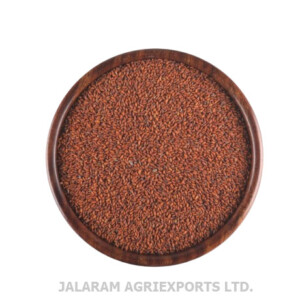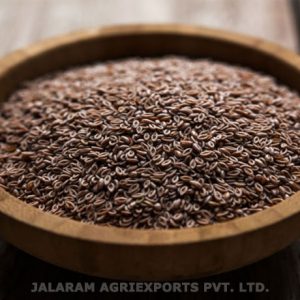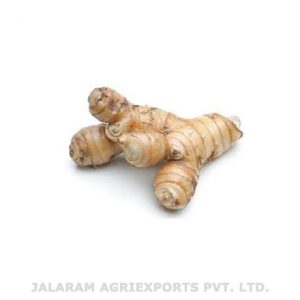Basil seeds, also known as Sabja seeds or Tukmaria, are small, black, tear-shaped seeds that swell and develop a gel-like coating when soaked in water. These seeds are rich in fiber, antioxidants, omega-3 fatty acids, and several essential nutrients. Commonly used in traditional drinks and desserts, basil seeds are also known for their cooling effect and digestive benefits.
Basil is believed to have originated in India and other parts of Southeast Asia. The seeds are typically cultivated in warm, tropical climates. In India, basil is grown in several states including Madhya Pradesh, Uttar Pradesh, Rajasthan, Maharashtra, and Gujarat. The crop is usually sown during the rabi season (October–November) and harvested in March–April.
India is a significant producer of basil seeds, both for domestic use and export. With rising global interest in natural health supplements and functional foods, Indian basil seeds are exported to markets in North America, Europe, the Middle East, and Southeast Asia. Although still a niche export product, their popularity is increasing due to their health benefits and use in beverages and weight-loss diets.
Small Children Could Choke on The Swollen Seeds Because If the Seeds Are Not Mixed with Enough Water, The Mixture Will Be Very Clumpy. Because Many People (Especially Children) Do Not Chew When Drinking a Liquid, Thick Clumps or Some-What-Tapioca Like Seeds May Cause a Risk for Swallowing. Basil Seeds And Basil Seed Drinks Should Be Kept Out of Reach of Children and Supervised When Consuming.


